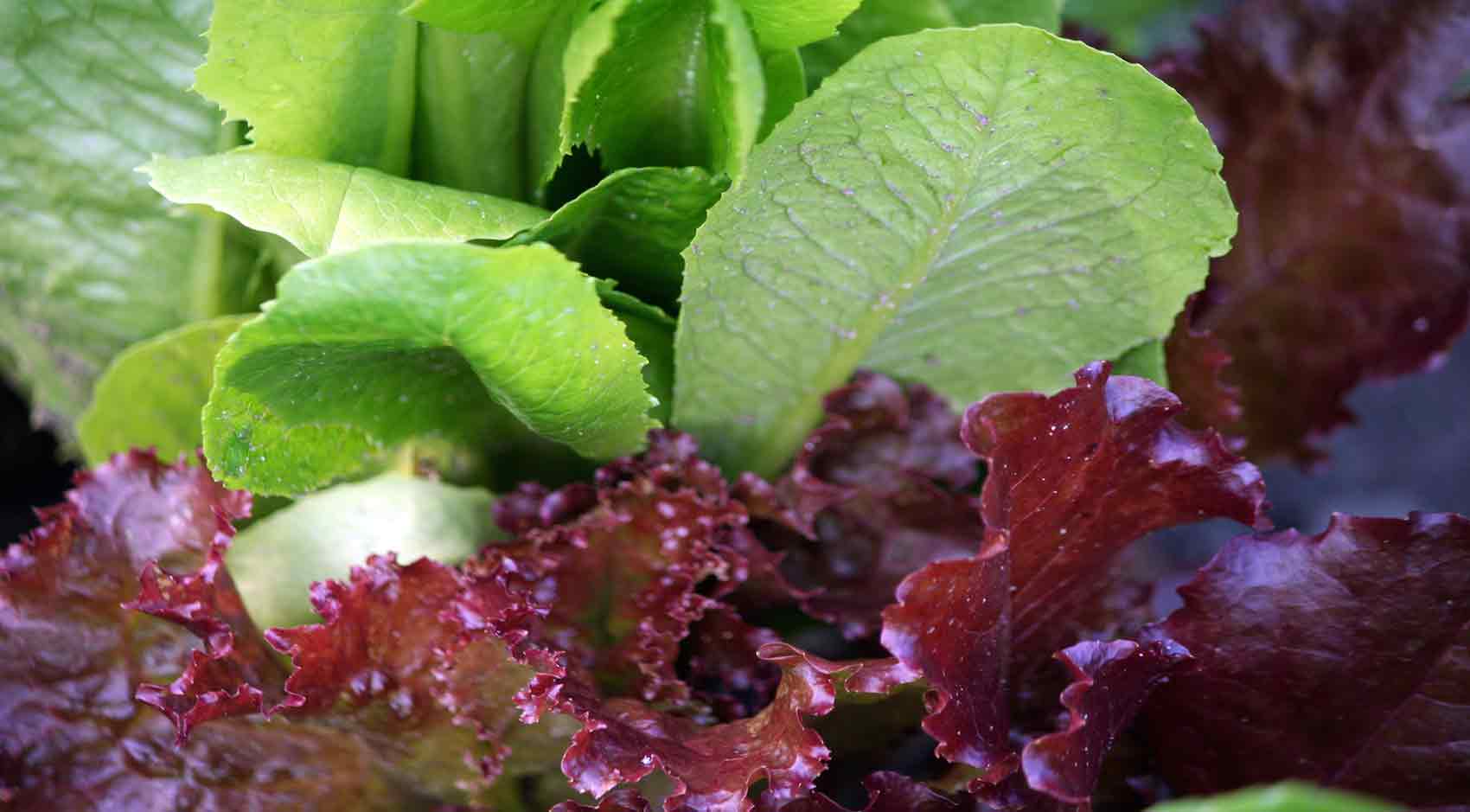
With all the affluence around us and the ubiquitous variety of everything edible available year-round, it’s sometimes good to remind ourselves of what once was. Plants had a season; potatoes in the Spring and Autumn, strawberries in June and lettuce in July. These were harvest months in Wales, but could have been New England or Pennsylvania. As a child I had the job of watering our greenhouse after school. Endless carrying of a watering can from a spigot by the downspout. I’ll never figure why my father didn’t buy a hose, perhaps he never thought to.
In the South Carolina Lowcountry, we don’t often see a greenhouse, there is no need. 200 plus days of sunshine and almost frost-free weather is a gardener’s dream. But beware, each season has its crop, and push your luck at your peril. Tomatoes are notoriously sensitive. This year our tomatoes did well for two crops and I thought we’d squeeze a third in July. But it was too hot and this year too wet resulting in 5 foot plants and no crop … hey ho. This season I slipped in an early lettuce crop back in March, 2 weeks too early and they caught a cold snap – dead lettuce. In coastal South Carolina lettuce is one of the easiest cool weather crops to grow making it reliable as a fall/early winter harvest. Our current crop of Romaine and Red Oak are doing well. Enough for us and the neighbors.
The right plant in the right place and at the right time of year. This is the fundamental backbone of a successful farmer whether one of grand-scaled commercial operations, or of the scrappy backyard plot. There is a wealth of good information and tips for gardening in the Lowcountry for both seasoned gardeners and novices alike through the Clemson University Extension office.
Here are a few pointers for the backyard gardener:
– Plant crops a few weeks apart to extend the cropping season.
– Spend the time and money to fence against rabbits & deer – no garden can flourish without this needed protection.
– Children LOVE gardening, playing with plants, watering (themselves most often) and chasing bugs – but keep those fire ants away!
– Clemson University is a great source of gardening advice for gardener’s throughout SC and the surrounding region – and it’s free!
Interested in Learning More?
Our expert teams - from development, investment, real estate, and property management - have experienced it all and have the insight to help you along the way.
Find Out More